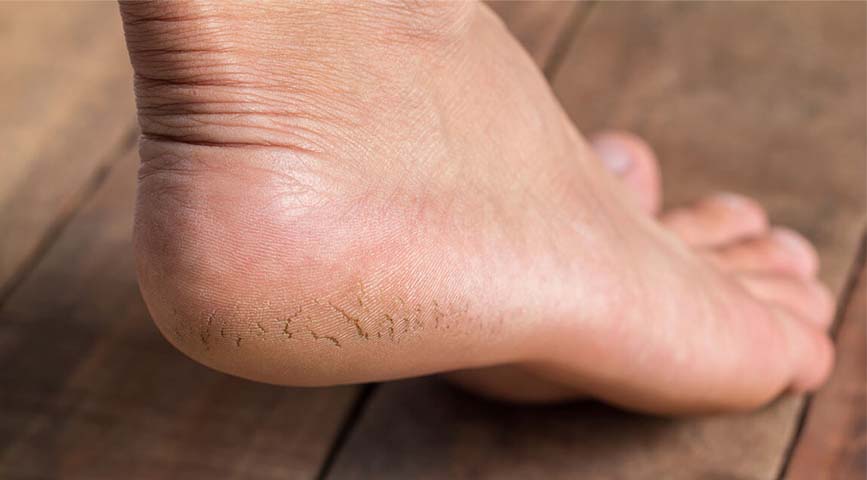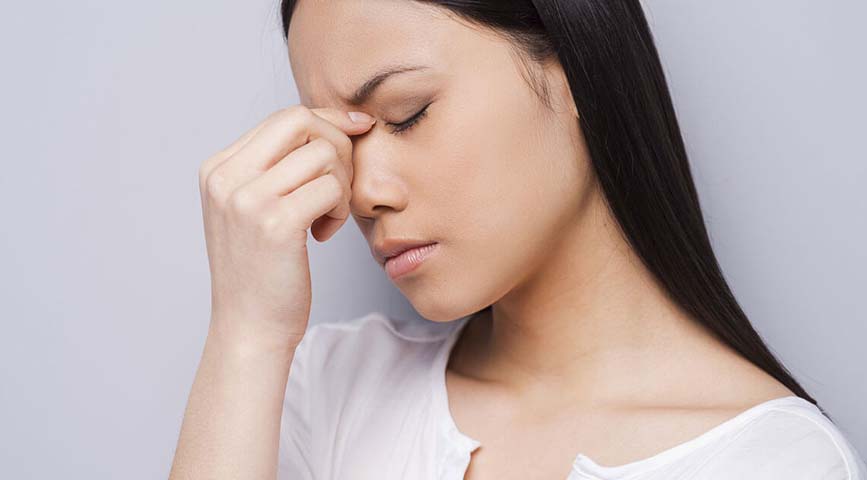22
Jul
5 Women’s Hair Care Questions
Q: My friend warned me that my hair would drop once I stopped breastfeeding, but it’s actually so severe that I have a visible bald spot at the top of my head. How can I prevent further loss?
A: Your hair loss may not be directly due to the breastfeeding, but rather due to your pregnancy, a condition known as post-partum hair loss. This condition is quite common among women after childbirth and the hair loss usually ceases within 3 to 6 months’ time.
While waiting for your hair to regain its original glory, it is important to avoid anything that would further traumatise it, for example hair perming or straightening, tight pony tails or braiding, and hard-brushing. Should the hair loss persist after 6 months, do check with your doctor to rule out the possibility of other health problems such as low thyroid function, iron deficiency anaemia or any scalp disorders.
Q: I’ve permed and straightened my hair quite a few times and I’m finding that my hair is brittle now and snaps off easily. Is there a treatment I can use to repair my hair?
A: Water deficiency is the main reason for your hair to be brittle. The frequent use of hot curling iron and hair straighteners can damage hair easily as the high heat involved strips off water from the hair. Hence you should keep those hair procedures to a minimum. If these tools are unavoidable, always remember to use the lowest possible heat setting to minimise any damage.
To manage and repair your brittle hair, the hair must be maintained in a hydrated state. Choose a suitable conditioner for your hair type and use as often as twice weekly. When using a conditioner, apply enough to cover the whole of your hair while gently massaging your scalp. Leave the conditioner on for about 5 minutes before rinsing it off. Some hair products in the form of gel, spray or mousse are available in the market, specifically for brittle hair.
As the saying goes, “It’s always good to start from the roots.” Another way of addressing brittle hair is to use supplements that have been shown to improve the well being of your hair. The group of B vitamins has been shown to help prevent hair loss, prevent greying of hair and promote scalp circulation. In addition, the anti-oxidants vitamin A, C and E may improve scalp circulation, hence leading to healthier hair. Two amino acids in particular, L-Cysteine and L-methionine, have been shown to improve the quality and texture of hair besides aiding in hair growth. Do check with your healthcare professionals on the availability of such supplements specially formulated for hair.
Q: I have naturally fine and thin hair – are there any products that I can use to boost hair thickness or hair growth?
A: Looks like you have two hair problems here: fine hair and thin hair. In layman terms, fine and thin are often used interchangeably to describe the hair. In actual fact, fine hair simply means each strand of hair lacks the diameter while thin hair refers to the collective lack of hair on your head. Therefore, people can either have one of the conditions or both. Whichever condition you are referring to, your hair will be more susceptible to damages from chemical procedures or the environment. In addition, you will have problems finding a hairstyle that suits you as both situations will result in a flatter hairstyle.
Often, fine hair is inborn but some other factors can lead to thin hair as well such as illness, after childbirth or malnutrition. There is no treatment for fine hair but you can mask it by using products which are specifically labelled “for fine hair” or “volumising”. Some products contain protein that clings onto the hair and makes the hair looks thicker while other products cause the hair to swell up.
If you are born with thin hair, there is nothing that you can do about it except to find a suitable hairstyle that suits you or prevent further thinning of your hair. However, if your hair progressively thins with time, it may be caused by one or more factors, such as aging, physical or emotional factors, medicines or radiation therapy, hereditary causes, the environment and illnesses. Do check with your healthcare professionals to rule out some of the possibility of the hair loss and avoid factors which can contribute to the hair thinning. Hair medicine containing Minoxidil ranging from 2 - 5% has been shown to help in hair thinning and it is available as a pharmacy-only medication in most major pharmacies.
Q: Help! I’m greying! I don’t have time to sit in a salon for three hours colouring my hair – how do I pick a good wash-and-wear hair colour that will hide my greys well?
A: Don’t fret, our pharmacies nationwide have many choices for hair colour. Just keep in mind, no hair colour product is suitable for all people. Just go to your nearest Rose Pharmacy, departmental store or hair salon and for a start, pick one that is not so pricy. Choose a brand that that offers you your favouritecolour, but do bear in mind that not all colours are suitable for your skin type.
Other factors to consider is the ease of application, the time involved and the presence of positive or negative feedback from users. Do read the label to check for any substance that you are allergic to before purchasing. In general, always try some of the products on small part of your hair to check for any allergic reaction before applying onto a larger area.
Q. My hair has a life of its own. I would straighten it absolutely to perfection but the moment I step out of the house into the humidity my hair becomes all frizzy! What’s a good product to use to keep my hair sleek?
A: Controlling frizzy hair is not always easy to do. Humidity plays a role in how frizzy your hair is, especially when it's naturally thick or curly. There are many other factors that can contribute to frizzy hair as well, for example excessive hair treatment which leads to the loss of hair's natural ability to retain moisture, overexposure to heat, inappropriate conditioner use and chemical damage.
There is nothing you can do to alter the humidity of the air but you can definitely prevent your hair from getting frizzy. You can pamper your hair with a moisturising shampoo for a start but keep it to a minimum as excessive shampoo use may tend to dry up the hair. Then use a conditioner as often as possible and try to leave on the conditioner after shampooing for at least 5 to 10 minutes before rinsing it off.
If your hair is damaged or too dry, you may wish to invest in some leave-on conditioner that will allow you to fix your frizz anytime in the day. Besides that, you can also use products known as anti-frizz serum or spray. The leave-on conditioner or anti-frizz products should be applied onto your hair while it is still slightly damp.
If you still cannot find a good product to control the frizz, you can still mask your frizzy hair through a good hair cut. Check with your hairstylist for a hair cut that suits frizzy hair; a blunt cut is usually more suitable for this type of hair. But if your hair sometimes misbehaves in spite of your efforts, learning to accept and love your frizzy glory helps a lot too!
Share this post
RELATED
Posts
Cracked Heels Woes
Ever looked down at your feet and felt flustered by the sight staring back at you? As a woman, wearing the perfect pair...
Make Your Lipstick Last Longer
There’s just nothing quite like perfectly made up lips that give you the perfect pucker. They are an instant confidence booster and...
Say Goodbye to Tired Looking Eyes
Tired eyes can make anyone look much older than they really are. While not really a health hazard, it can sometimes be...





